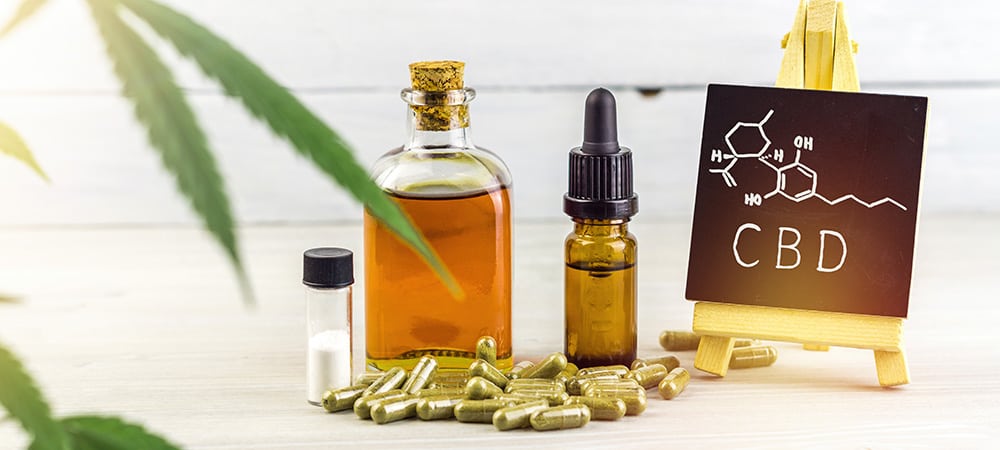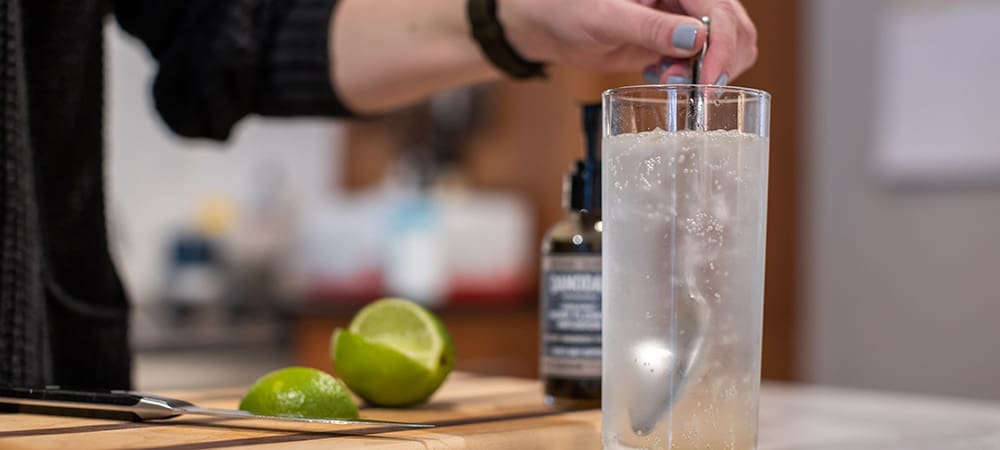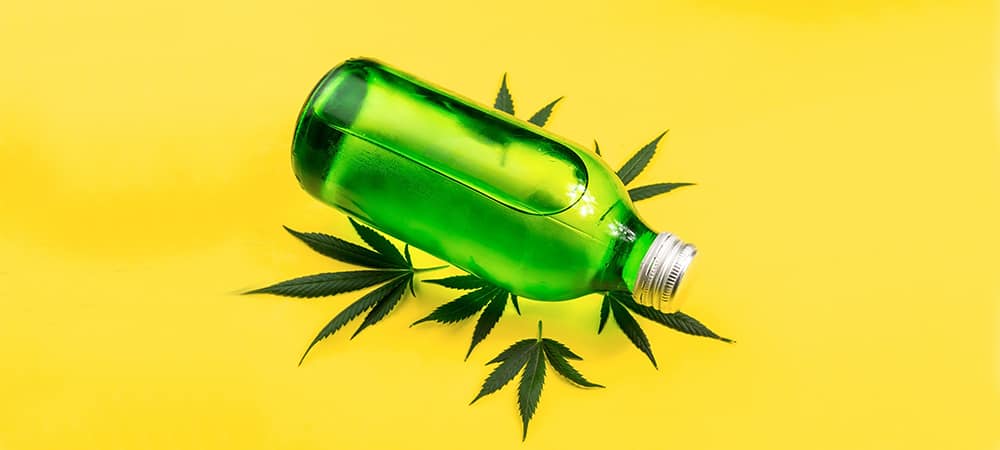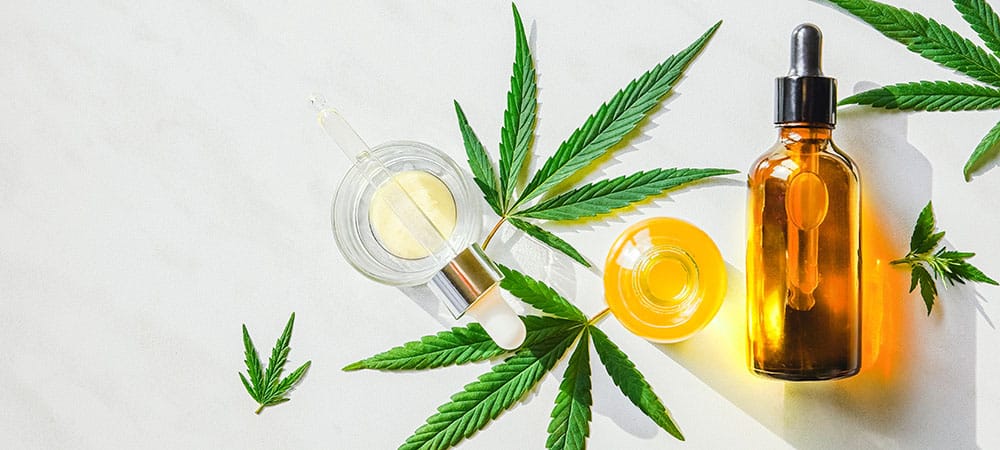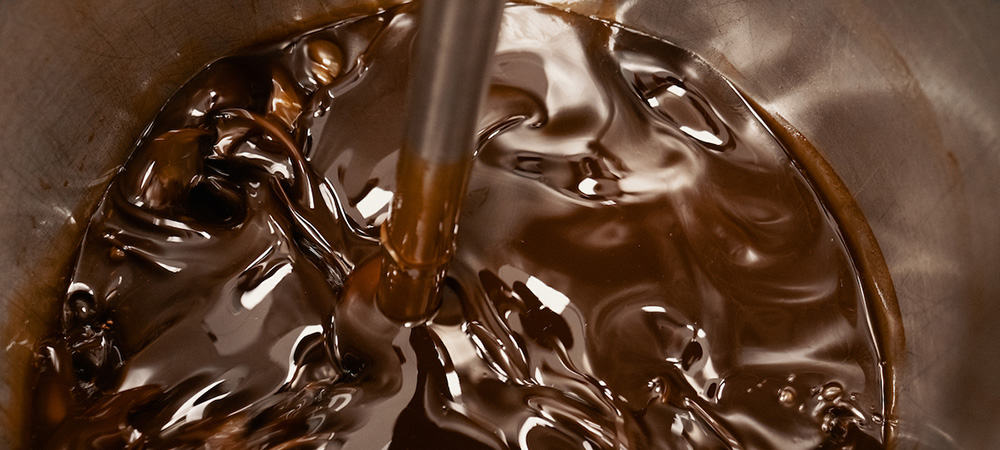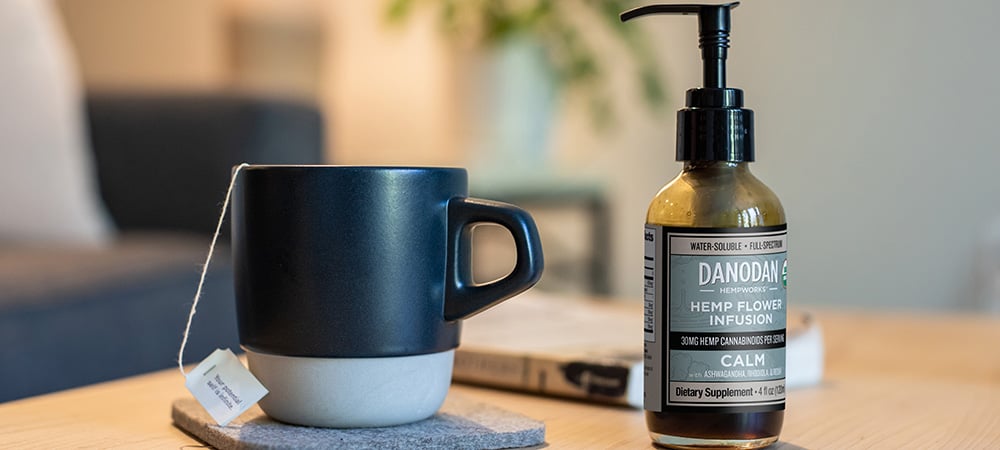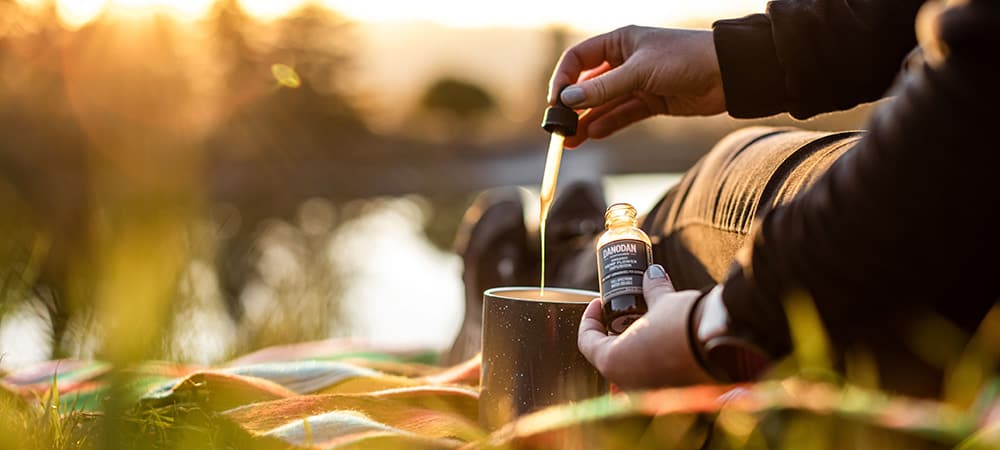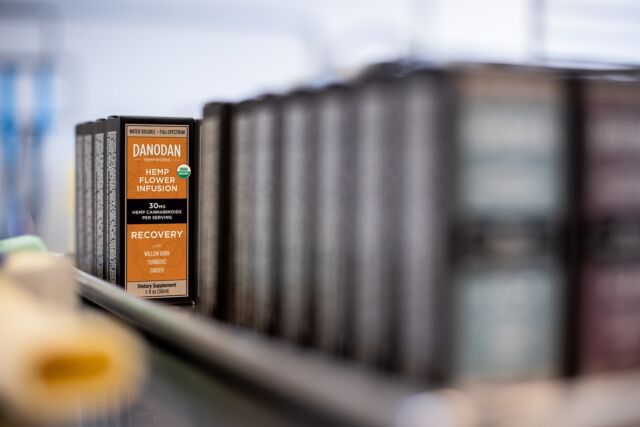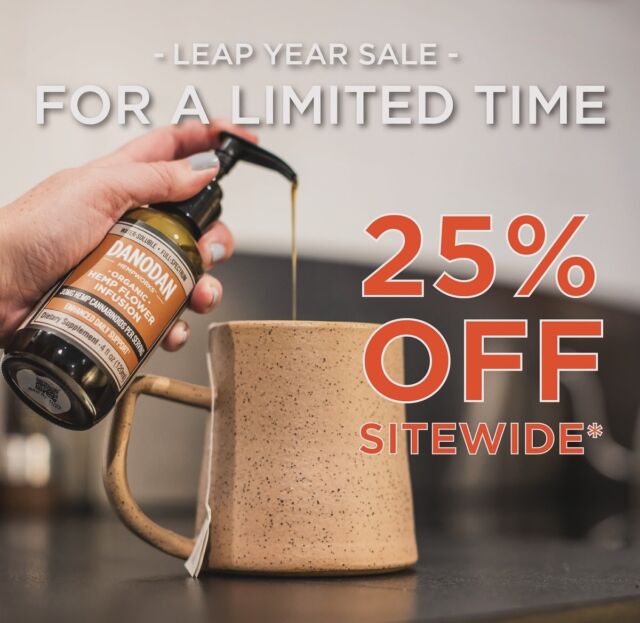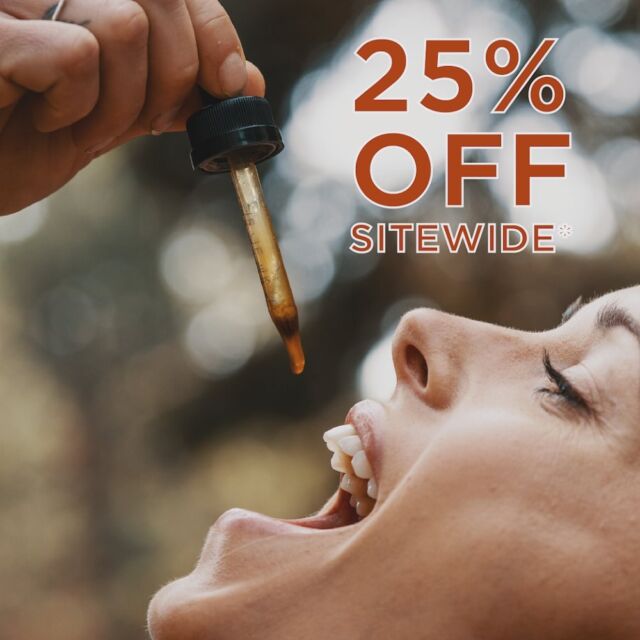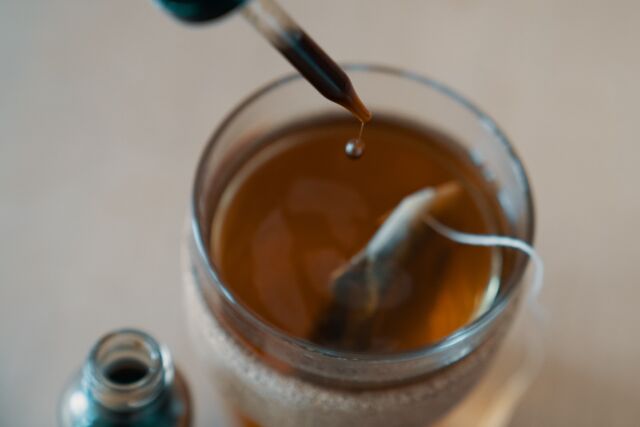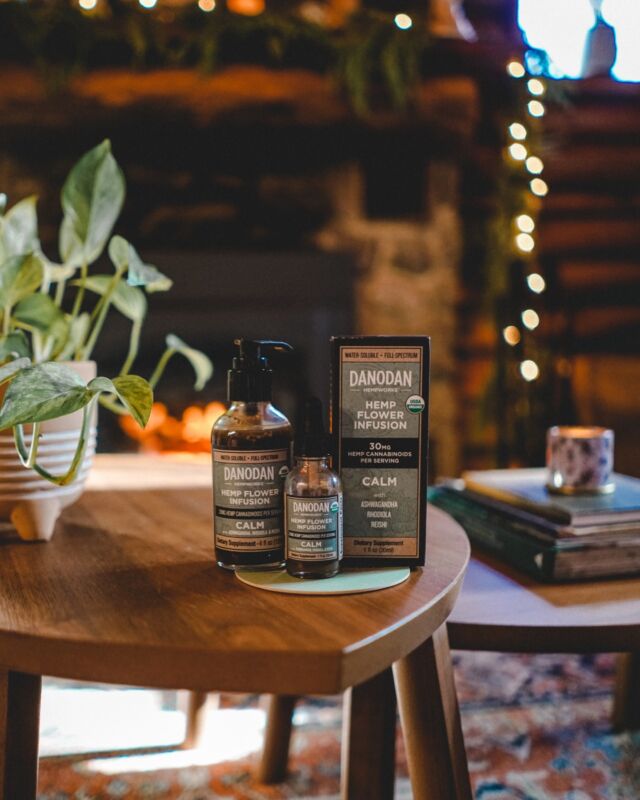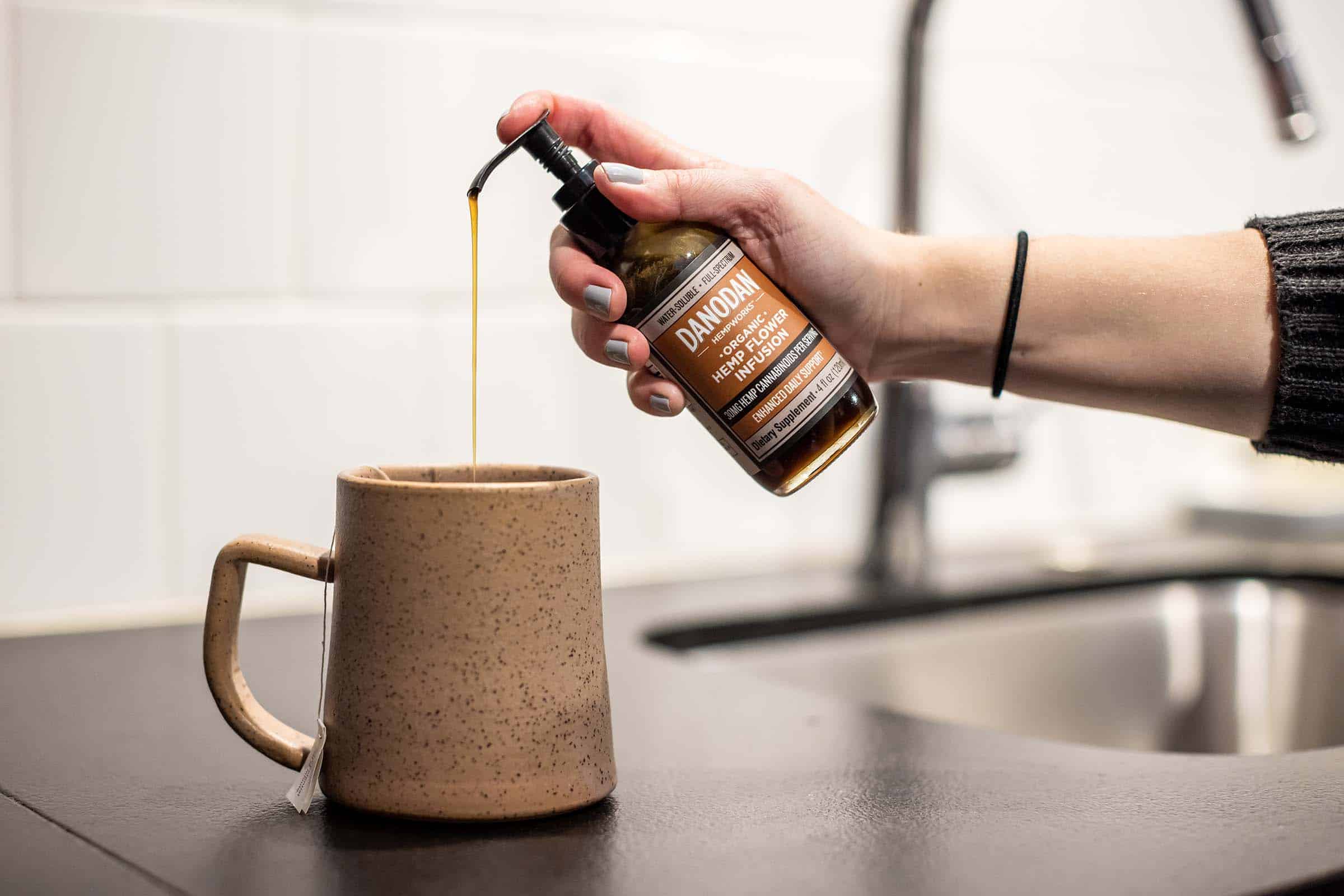
What Is Full-Spectrum Water-Soluble CBD? And What Are The Benefits?
The world of water-soluble CBD – and CBD in general – is still a new frontier. Practically the Wild West. And with any new frontier, there are a lot of new landscapes to get familiar with and so much to learn!
So let’s start with some basics and go from there.
CBD is short for cannabidiol. It’s one of the main cannabinoids found in hemp, a member of the cannabis family.
There are more than 100 other cannabinoids found in hemp and other members of the cannabis family. Another of the most common cannabinoids is tetrahydrocannabinol, or THC, the psychoactive compound in cannabis plants that causes you to feel “high.”
Hemp, in case you don’t know, is cultivated so that it has low concentrations of THC. Under U.S. law, THC in hemp must remain at concentrations of 0.3% or less, meaning hemp and its products are unlikely to cause you to feel any sort of high.
Not All CBD Is Created Equal
Companies make so many different types of CBD products, from topicals to gummies to oils and tinctures.
No matter what product you’re buying, though, there generally are a few different forms of CBD that might be in your product – and some are better than others.
The most common forms are CBD isolate and full-spectrum CBD.
CBD isolate is simply CBD that has been isolated from hemp, often in a lab using harsh solvents and chemicals. It’s a production-heavy process that results in a basic white powder. And, unfortunately, it has none of hemp’s other benefits. It’s just CBD
Full-spectrum CBD, on the other hand, retains all the benefits of hemp, not just CBD, so you don’t miss a thing! From terpenes to flavonoids, hemp is full of beneficial compounds and cannabinoids to keep your mind and body balanced.
Check out Danodan’s flagship full-spectrum Enhanced product, showcasing all of hemp’s benefits!
CBD Oil: Water Soluble vs. Non-Water Soluble
In addition to the types of CBD, there’s another major distinction in CBD oil: water soluble vs. non-water soluble.
Note: Some terms are used online like water-based CBD. There’s really no such a thing as water-based CBD – the correct term is water soluble – but keep reading to learn what we think the best water-soluble CBD oil is.
Back to our regularly scheduled programming.
Non-water-soluble CBD probably represents the majority of CBD out there.
This is because cannabinoids are hydrophobic – that is, they just don’t dissolve well in water. Mixing the two is like trying to mix oil and water.
Instead, they prefer being in fats or oils. Maybe you’ve heard of weed butter? Exactly.
In the same way, most CBD companies mix their CBD with an oil called a carrier oil – because it literally carries the CBD. MCT (medium-chain triglyceride) oil is common because it’s usually made from readily available sources like coconut or palm.
So oil is generally the preferred vehicle to get CBD into and absorbed by the body.
But you may be asking: If cannabinoids like CBD aren’t water soluble, and oils are the preferred carrier, what’s the story with some of the water-soluble CBD for sale out there?
Well, studies show the body absorbs about 6% to 20% of CBD from CBD oils.
That’s not much.
Benefits of Water-Soluble CBD
It’s not yet clear if the health benefits of water-soluble CBD are greater than traditional CBD oil or if its absorption is better, but convenience definitely makes CBD’s benefits more accessible.
Water-soluble CBD liquids (or tinctures, etc.) can be so convenient to use. So if you’re wondering how to use water-soluble CBD liquids (or tinctures) or how to take water-soluble CBD, at Danodan we say: Just drip, stir, and sip!
At Danodan, we make it even easier to enjoy those water soluble benefits with convenient pumps on all of our 4 Oz. products, like this CBD for Sleep, one of our bestsellers!
Water-soluble CBD products out there come in a few forms, though, so let’s take a look.
New Kid on the Block: Nanoemulsion
Emulsification is a method of creating much of the water-soluble CBD for sale these days, mostly in the form of beverages.
Emulsification blends liquids that don’t normally blend easily. (Again, oil and water are the obvious example.) Creating an emulsion leaves liquids that are otherwise resistant to each other in a shelf-stable state.
Most of these water-soluble CBD products use what companies call nanoemulsion or nano-emulsification to describe the process. These companies describe it as the use of ultrasonic waves to break CBD molecules down into CBD “nanoparticles” that are a fraction of their original size.
It’s not an entirely new idea. The concept of emulsification has been applied to create shelf-stable commercial salad dressings, for example.
But when it comes to hemp and CBD, the process has its critics and skeptics.
An expert at Confidence Analytics, a hemp and cannabis testing lab in Redmond, WA, said: “A CBD molecule is a CBD molecule. If you break it up into smaller fragments, it is no longer CBD and will not act like CBD. Adding ‘nano’ in front of the word does not change the molecule itself.”
Proven Veteran: Alcohol
Using alcohol as a solvent is another way of making water-soluble CBD tinctures.
Here’s a little chemistry lesson: A solvent is a substance that can dissolve something else into itself, resulting in a solution.
Example: water + sugar = sugar water
Alcohol has been a common solvent for centuries, used in all sorts of plant extracts, for example, even hemp. It’s great with hemp because it holds both CBD as well as all of hemp’s other beneficial compounds. And it’s water soluble, so a hemp extract using alcohol would be considered water-soluble CBD.
That said, because of alcohol’s known properties – its strong taste and smell, and the characteristic burning sensation it causes – it’s not an ideal carrier by itself.
It can also denature, or change the structure, of certain organic compounds like proteins and aromatic compounds, so it’s not necessarily a perfect tincture base.
The Newest Kid on the Block: Glycerin
Because of the unappealing nature of synthetic processes like nanoemulsion and the drawbacks of purely alcohol-based tinctures, Danodan Hempworks set out to find a better way to make full-spectrum CBD, water-soluble benefits and all!
Enter: vegetable glycerin.
Glycerin is a unique plant-derived compound with the carrier benefits of oil, the convenience of water solubility, and a natural, pleasantly sweet taste.
Our certified organic vegetable glycerin is sourced from flax, but glycerin can come from a number of different plant sources like coconut and soy, for example.
Cannabinoids like CBD – along with other hemp plant compounds – go into glycerin well.
One of the reasons we like it is because it’s gentler than most solvents and processes, preserving hemp’s other beneficial compounds.
Compounds like terpenes and flavonoids.
Terpenes and flavonoids are responsible for hemp’s iconic aroma and taste. But studies suggest that terpenes and flavonoids may be more than just that. Some research shows they also work to improve your brain’s health and cognitive function, and that they contain antioxidant and anti-inflammatory properties as well.
And we’re able to preserve those properties using glycerin.
Danodan’s Unique CBD: Water-Soluble Benefits and More!
One of the reasons full-spectrum CBD is so great (and why we only offer full-spectrum products here at Danodan Hempworks) is because of something called the Entourage Effect.
What’s the Entourage Effect?
Studies show that the compounds and cannabinoids in hemp work better together and, when taken together, each compound is actually more effective than if it were taken by itself.
So the Entourage Effect is sort of a more-than-the-sum-of-its-parts deal.
These benefits of hemp beyond just CBD are why it was so important to us at Danodan to create convenient full-spectrum CBD tinctures. And that convenience comes in the form of water solubility.
Because the convenience of a water-soluble CBD tincture is that any drink can be a CBD drink! Still curious how to use water-soluble CBD or how to take water-soluble CBD? Easy!
Remember: Just drip, stir, and sip.
Ready to give it a try? Try our Calm CBD tincture, formulated with organic hemp and soothing botanicals to keep you centered throughout the day.
Our process is unique. We source organic Oregon hemp flowers, grind them for each batch, and gently steep them in organic vegetable glycerin. For our higher-potency products, we add an organic hemp extract made here in Oregon, For some products, we add organic botanical extracts too.
Water-Soluble CBD vs. Oil: The Takeaway
So when it comes to water-soluble CBD vs. oil, which is better?
Well, oil is a more natural carrier for hydrophobic CBD, but water-soluble options are often more convenient.
Luckily, because of Danodan’s gentle glycerin-based process, you don’t have to compromise!
Are Danodan products healthier than CBD oil because they’re water soluble? That’s hard to tell.
But because of our glycerin-based process, you get an effective oil-like carrier of CBD as well as water-soluble benefits without the harshness of alcohol or the synthetic processes of nanoemulsions.
The best of both worlds!
Check out Our Store to browse all the water-soluble CBD for sale on our site.
